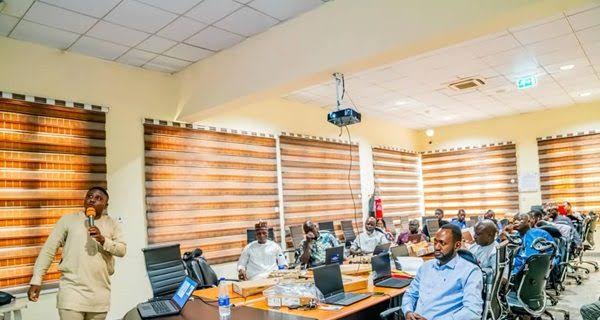Nigerian experts have urged the government to swiftly implement the newly amended International Health Regulations (IHR) to strengthen pandemic preparedness, equity and cross-border health security.
The revised IHR was adopted by consensus at the 77th World Health Assembly in Geneva in 2024.
It introduced a new alert system, the “pandemic emergency”, to mobilise stronger international collaboration when health risks escalate beyond a Public Health Emergency of International Concern (PHEIC).
The reforms also require the creation of National IHR Authorities in every country, including Nigeria, to coordinate implementation and ensure faster, more equitable access to vaccines, medicines, and financing during outbreaks.
For Nigeria, Dr Gabriel Adakole, a Public Health expert, said that the amendments were especially significant, given the country’s recent experiences with COVID-19, cholera, Lassa fever and mpox outbreaks.
Adakole said that the changes were expected to boost Nigeria’s ability to rapidly detect, report, and respond to health threats while ensuring better coordination with the global community.
WHO Director-General, Dr Tedros Adhanom Ghebreyesus, described the reforms as a historic commitment to protect future generations from the devastating impact of epidemics and pandemics.
Dr Ishaku Akyala, an Associate Professor of Infectious Diseases at Nasarawa State University, said the amendments provided Nigeria with a clearer framework for coordination and accountability, both within government and with global partners.
Akyala said that the country had already begun aligning its outbreak response systems with the new global standards.
He said that the revised IHR would strengthen Nigeria’s emergency preparedness architecture, especially in building a resilient workforce, surveillance system and financing mechanism to respond to future pandemics.
Dr Solomon Chollom, a Virlogist, said that the pandemic emergency alert was a game-changer.
“For a country like Nigeria, where outbreaks are recurrent, an early and globally coordinated alert system means more timely support and fewer delays in mobilising critical resources,” he said.
Chollom said that COVID-19 exposed the injustice in access to vaccines and treatments.
“The new IHR provisions on equity and solidarity, if implemented well, will give African countries like Nigeria a stronger voice and better leverage in global health negotiations,” he said.
The IHR, which dates back to the mid-20th century, has been revised several times to reflect evolving global health risks.
The last major overhaul was in 2005, following the SARS outbreak. The 2024 amendments marked the most substantial changes in nearly two decades.
While 11 out of the 196 IHR States Parties rejected the new reforms, Nigeria is among the vast majority supporting the changes.
The Ministry of Health and Social Welfare, in collaboration with the NCDC and other agencies, is expected to align national frameworks with the new obligations.
The adoption of the amendments comes alongside the endorsement of the WHO Pandemic Agreement, which Nigeria also backed.
Negotiations are ongoing on its annexe concerning Pathogen Access and Benefit Sharing (PABS), a system to ensure fairness in the use of disease samples and related benefits.




